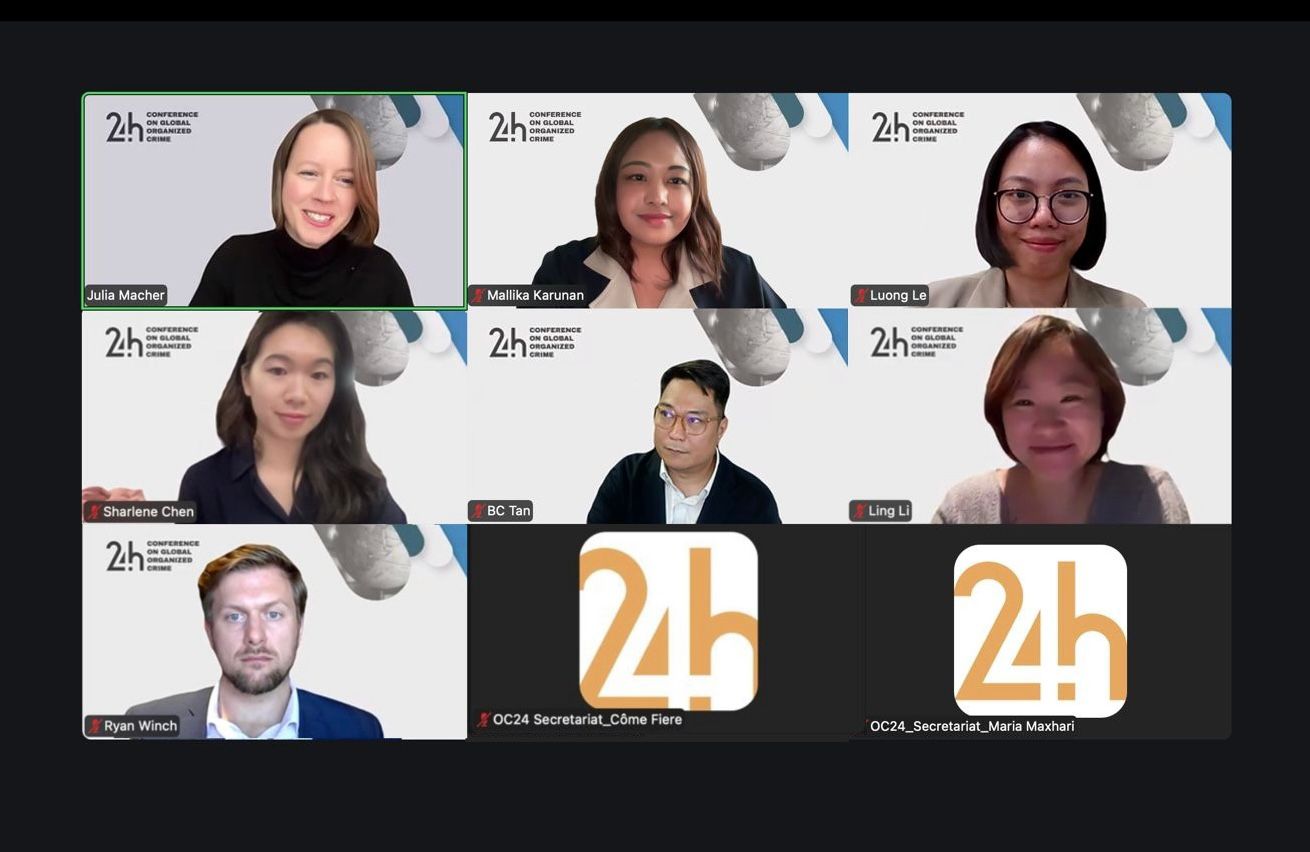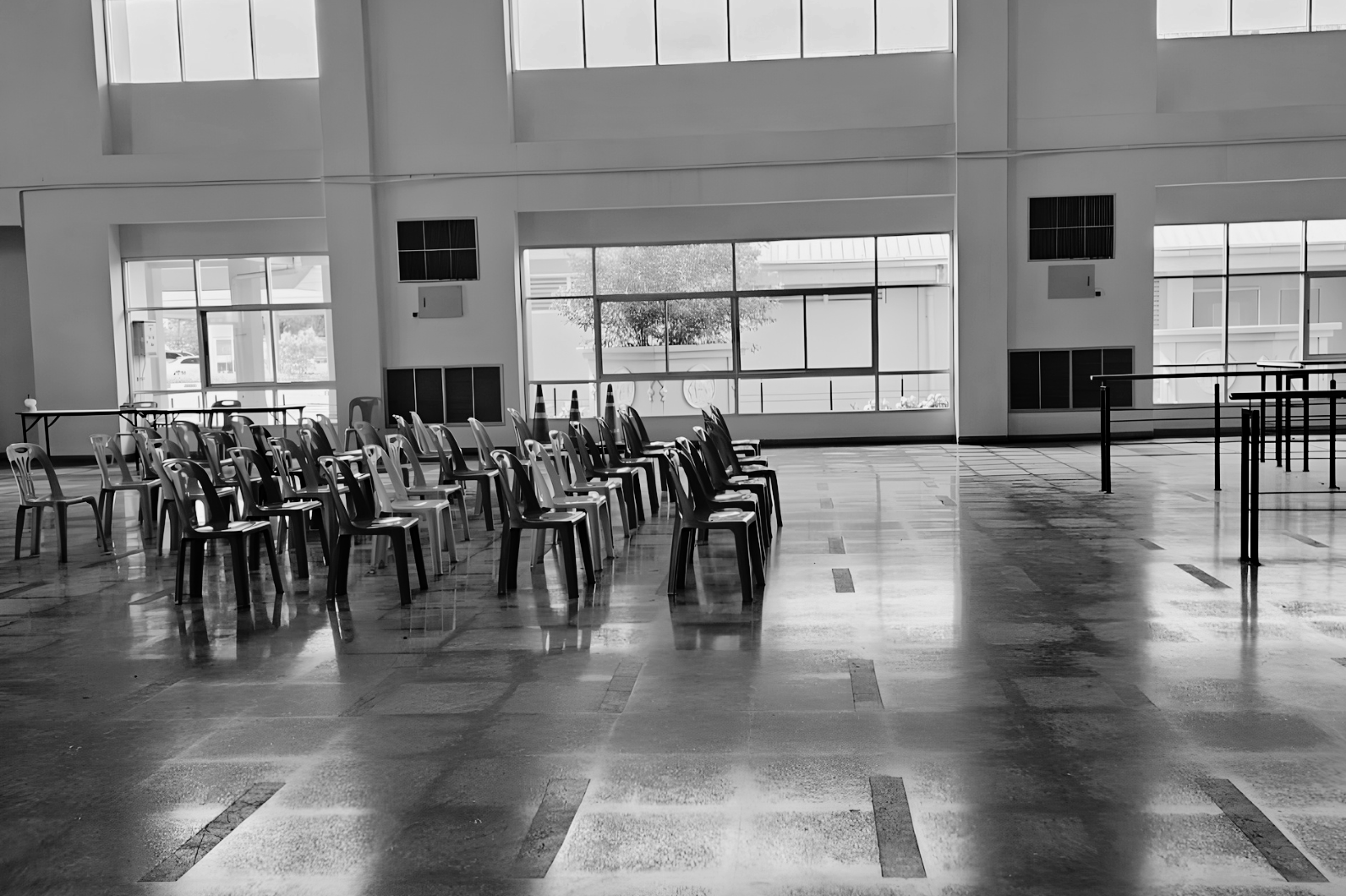New data on outcomes and support gathered by civil society groups from the East and Horn of Africa Anti-Trafficking (EHAAT) Network is enabling stronger advocacy across the region. Published in a new section of our regional routes mapping report, the collected findings offer valuable insights into the recovery journeys of trafficked and vulnerable migrants, the most impactful interventions, and the response gaps that remain. The dataset, based on nearly 400 route-based submissions collected between January 2024 and April 2025, highlights the services received, the barriers faced, and the longer-term outcomes for affected individuals.
Documenting Outcomes and Service Gaps
The report, which was developed with support from the Better Migration Management (BMM) Programme, coordinated by Freedom Collaborative, and funded by the European Union and Germany, documented outcomes in 274 cases – a substantial sample size. The most frequently reported outcome, present in 170 cases, was referral to support services, including psychosocial support, shelter, medical care, and family reunification assistance. Nearly half the submissions documented ongoing support, indicating continued engagement beyond the initial response, while authorities were involved in 94 cases, with legal action taken in 46. Many submissions reported multiple outcomes, such as referral and reintegration alongside legal or institutional involvement, suggesting coordinated responses by civil society, legal actors and government agencies.
Legal support was recorded in 83 cases and was particularly prevalent in submissions that reported more comprehensive and clearly documented outcomes. These cases often included multiple services, such as referrals, institutional involvement, or reintegration assistance, highlighting the critical role of legal assistance in supporting broader recovery and access to follow-up care, as well as highlighting its centrality in complex and cross-border cases.
Furthermore, 13 compensation cases involved legal assistance, indicating its important role in securing financial redress – while not guaranteeing compensation, legal support often facilitates the navigation of the administrative and judicial processes necessary for restitution. In compensation cases in which legal support was present, other services, such as referral, medical care, psychosocial support, and shelter, were also more frequently reported, suggesting that compensation claims are part of broader, more comprehensive case engagement, especially where institutional responses were involved.
Despite these gains, many submissions highlighted limited follow-up and persistent service gaps. Notably, 119 submissions included no outcome data, and 12 explicitly stated that clients received no support at all. Inconsistent or inadequate responses were often due to external constraints while, in some cases, survivors declined services due to stigma, mistrust or fear. Even where services existed, people were sometimes excluded, either because of their migration status or due to narrow legal definitions that prevented them from being formally recognized as trafficking victims.
Further barriers to access were cited in 209 submissions. Common challenges included underfunded or unavailable services, particularly for male clients or those in rural areas. Gender bias was a recurring issue, with assistance often geared primarily towards women. Language was also a significant barrier, particularly for those moving across multiple regions without interpretation. Others withheld personal information, leaving them invisible to official systems and ineligible for formal support.
Turning Data Into Advocacy
CSOs can use this information to advocate for more inclusive and sustainable support models that move beyond emergency care and address systemic needs, while donors and policymakers can identify critical service gaps and fund interventions proven to reduce re-trafficking risks. Crucially, the strong correlation between legal assistance and positive case outcomes reinforces the importance of expanding access to justice. This includes ensuring that CSO-documented cases are linked to formal referral systems, and increasing support for local legal providers, particularly in rural and cross-border areas.



